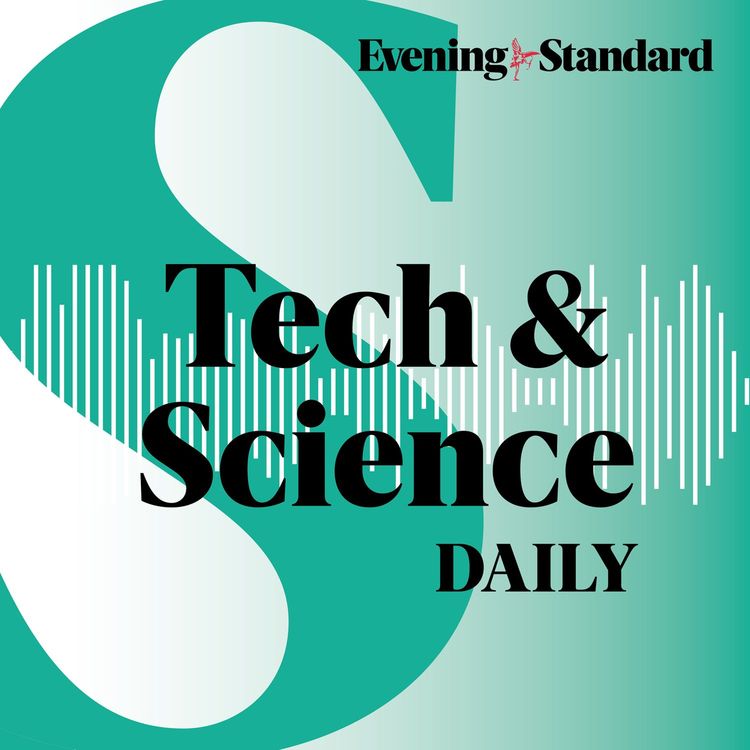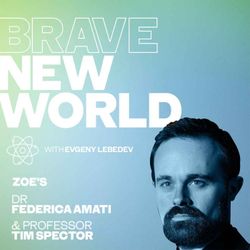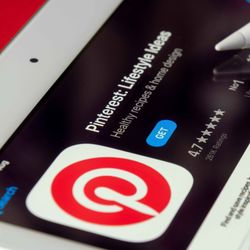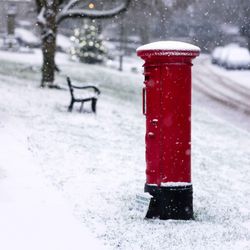Share

Tech and Science Daily | The Standard
Apple to launch ‘mixed reality’ headset
Season 1
•
Our tech reporter on Apple’s expected ‘mixed reality' headset announcement - its first entirely new product for eight years. Nasa invites you to sign its ‘message in a bottle’ that will fly to Jupiter’s moon, and Elon Musk snaps up another top NBCUniversal executive for Twitter.
Also in this episode:
- Research suggests fatal heart attacks are more common on a Monday
- Activist promoting carbon capture walks from London to Istanbul to mark World Environment Day
- 'Extinct' butterfly species reappears in UK
- Japan to launch satellite made of wood in 2024
- The secret to living to 100 may have just been revealed
Follow us on Twitter #TechScienceDaily
More episodes
View all episodes

Vodafone franchisee legal battle: 62 ex-partners sue, MPs step in — plus Starlink “super Wi-Fi” on Waterloo trains
11:32||Season 1On Tech and Science Daily from The Standard, we lead with an extended interview package on claims from former Vodafone franchisees — with 62 ex-partners taking legal action and Vodafone denying wrongdoing. Plus, a London commute upgrade: South Western Railway trials Starlink-powered “super Wi-Fi” on routes in and out of London Waterloo, and we wrap with a quick contactless payments rule change and a free S.T.A.L.K.E.R. 2 content update. For more, visit standard.co.uk.
Professor Tim Spector and Dr Federica Amati on Brave New World (Preview)
15:15||Season 1On our sister podcast Brave New World, Host Evgeny Lebedev is joined by Professor Tim Spector and Dr Federica Amati — two of the leading scientific voices behind personalised nutrition company ZOE — to rethink everything we’ve been told about food. From the myths around “good” and “bad” fats to calorie-counting obsessions, they explain why so much nutritional advice is outdated, oversimplified, and in some cases actively harmful. They also explore the impact of ultra-processed foods on gut health, question whether breakfast really is the most important meal of the day, and unpack how time-restricted eating could help optimise daily health.Here’s your special preview. To hear the full episode, just search Brave New World Evening Standard on your podcast app.
Steam Winter Sale starts, UK planning shake-up for broadband, Ofcom hands out an Online Safety Act fine — plus a wholesome “robot double” school story
07:48||Season 1The Government opens a call for evidence on reforming planning rules to speed up digital infrastructure rollouts in England, Ofcom issues a £20,000 fine under the Online Safety Act for failing to respond to information requests, and the Steam Winter Sale kicks off for the annual backlog-pile-on. We also finish on a genuinely wholesome tech-for-good story from SpecialEffect, where a small telepresence “robot double” helps a child stay connected to school during leukaemia treatment. For all the latest news head to Standard.co.uk
London councils cyber incident update, London quantum cluster, UKRI boosts games and AI, plus Revolut Mobile and Alexa+ on the web
05:30||Season 1Today on Tech and Science Daily from The Standard: the latest on the Westminster and Kensington & Chelsea cyber incident, a quantum year-end update from Imperial and the London Quantum Cluster, and UKRI’s shift toward growth funding — including video games. Plus, Revolut’s new UK mobile service, Alexa+ arriving on the web, and a couple of practical gaming and headset updates
Pinterest Predicts 2026 interview, Ofcom probes EE and Three outages, and London robots that can “feel” — Tech and Science Daily from The Standard
12:03||Season 1Ofcom investigates BT’s EE and Three after major call outages affected emergency services, plus King’s College London research aiming to give robots a sense of touch. We also hear from Pinterest’s Sidney Stanback on the Pinterest Predicts 2026 report and how trend forecasting is speeding up, then cover the UK’s quantum push with Google’s Willow processor, an autonomous spacecraft rendezvous milestone, a UK-backed plan to produce lead-212 radiotherapy isotopes from reprocessed uranium, a warning on budget smartphone pricing pressures in 2026, and a quick gaming performance update from Capcom. For more, visit standard.co.uk.
London Sea Level Rise AI Images, Lancet Countdown 2025 Climate Health Report, and Antarctica’s New Royal Mail Postbox
05:58||Season 1In today’s episode of Tech and Science Daily from The Standard, we start in London with AI visuals imagining what a six-metre sea level rise could mean for landmarks like Westminster and the Tower of London. Then we break down the Lancet Countdown 2025 findings on climate change and public health, from heat impacts to air pollution, and why it matters for cities like London. Plus, a lighter science story: researchers at Rothera Research Station in Antarctica get a brand-new Royal Mail postbox delivered via the RRS Sir David Attenborough. For more tech and science news, head to standard.co.uk
The Game Awards 2025 Winners & Biggest Reveals — Plus London ADHD Custody Study and UK Rail Timetable Change
08:49||Season 1Today we’re going big on The Game Awards 2025 — the winners, the indie sweep, and the announcements that just set up the next couple of years in gaming. Plus, we cover a major London custody screening study on undiagnosed ADHD, and the new UK rail timetable landing this weekend. For more, head to standard.co.uk.
Tinnitus sound therapy hope, December game releases, Which? Top 50 picks & major ocean conservation win
14:19||Season 1In this Friday episode of Tech and Science Daily from The Standard, we look at a new UK sound therapy that has reduced tinnitus loudness in trials and could one day be delivered by smartphones. We round up December 2025’s biggest new game releases before an interview with Which? editor Harry Rose on their Top 50 products of the year – including that headline-grabbing Asda ketchup ranking. We end on a good-news climate story, as a $24.5m Bezos Earth Fund package moves the world’s first cross-border marine biosphere reserve in the eastern Pacific a step closer to reality.
How AI search really picks winners: ChatGPT, LLMs and the future of retail discovery
14:38||Season 1As more of us ask ChatGPT what to buy — instead of Googling it — the rules of being discovered online are changing fast.In today’s episode, we dig into how large language models like ChatGPT, Claude and Perplexity are quietly becoming the new front door to retail. When an AI gives a single recommendation instead of a page of links, how does it choose who to trust, which brands to surface, and who gets left out completely?We're joined by Chris Donnelly, founder of Searchable – an agentic AI platform that shows businesses how they’re being read, ranked and recommended by LLMs. Chris explains how these models currently pick winners, why smaller brands can still compete, and what “Generative Engine Optimisation” actually means in practice.We also look at what this shift means for Christmas shopping, how retailers should prepare their data and content for AI-driven discovery, and what the future of search might look like over the next few years.For all the latest news, head to standard.co.uk.